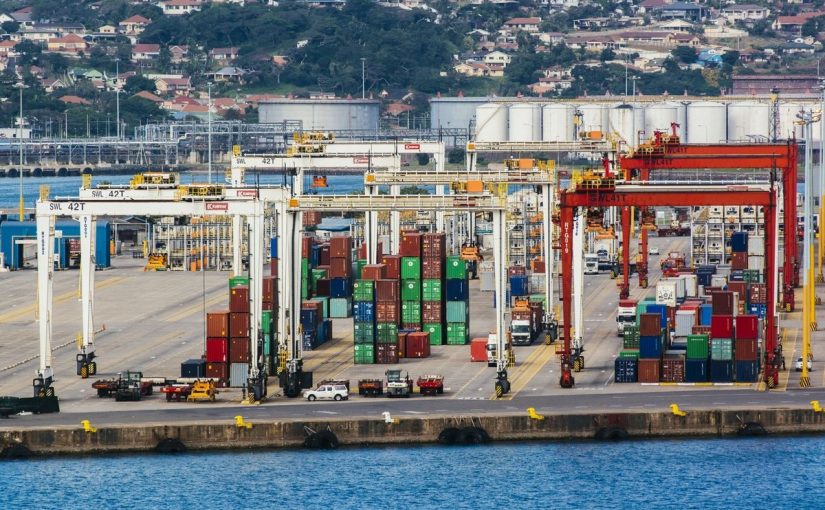South Africa's DA party fights new racial targets for employers
Cyber attack harms key African port network hitting citrus, cars

FILE - Mobile container handling gantry cranes on the dockside at the Port of Durban, operated by Transnet's Ports Authority.[File photo: Waldo Swiegers / Bloomberg]
A devastating cyber attack at South Africa’s state-owned ports and freight-rail operator that hobbled trade at key container terminals led the company to declare its second force majeure this month.
Transnet took the measure after a July 22 security breach that forced the company to manually process container shipments at affected ports. It covered the Port of Durban, sub-Saharan Africa’s biggest container hub, as well as the Ngqura, Port Elizabeth and Cape Town harbors.
Transnet said Tuesday it’s made “significant progress” in restoring its computer systems, though companies including manganese producer Assmang maintained force majeures of their own that were first declared after deadly riots erupted on July 10 and temporarily shut key logistics arteries.
The port disruptions are hurting citrus farmers in the country, which is the world’s biggest shipper of the fruits after Spain, in the middle of their export season. They’re also weighing on shipments from the auto industry, which accounts for about 14% of South Africa’s total export value.
The Port of Durban handles 60% of South Africa’s shipments and also transports goods and commodities to and from nations in the region as far north as the Democratic Republic of Congo. The disruptions are likely to shave “quite a few” percentage points off southern Africa’s economic output, said Mike Schussler, chief economist at economists.co.za.
Transnet declared force majeure on a vital rail line earlier this month after the unrest, looting and arson affected its operations. Investigators are still trying to determine the source of the cyber attack and the extent of the damage it caused.
By Prinesha Naidoo













Leave a Reply
Be the First to Comment!
You must be logged in to post a comment.
You must be logged in to post a comment.